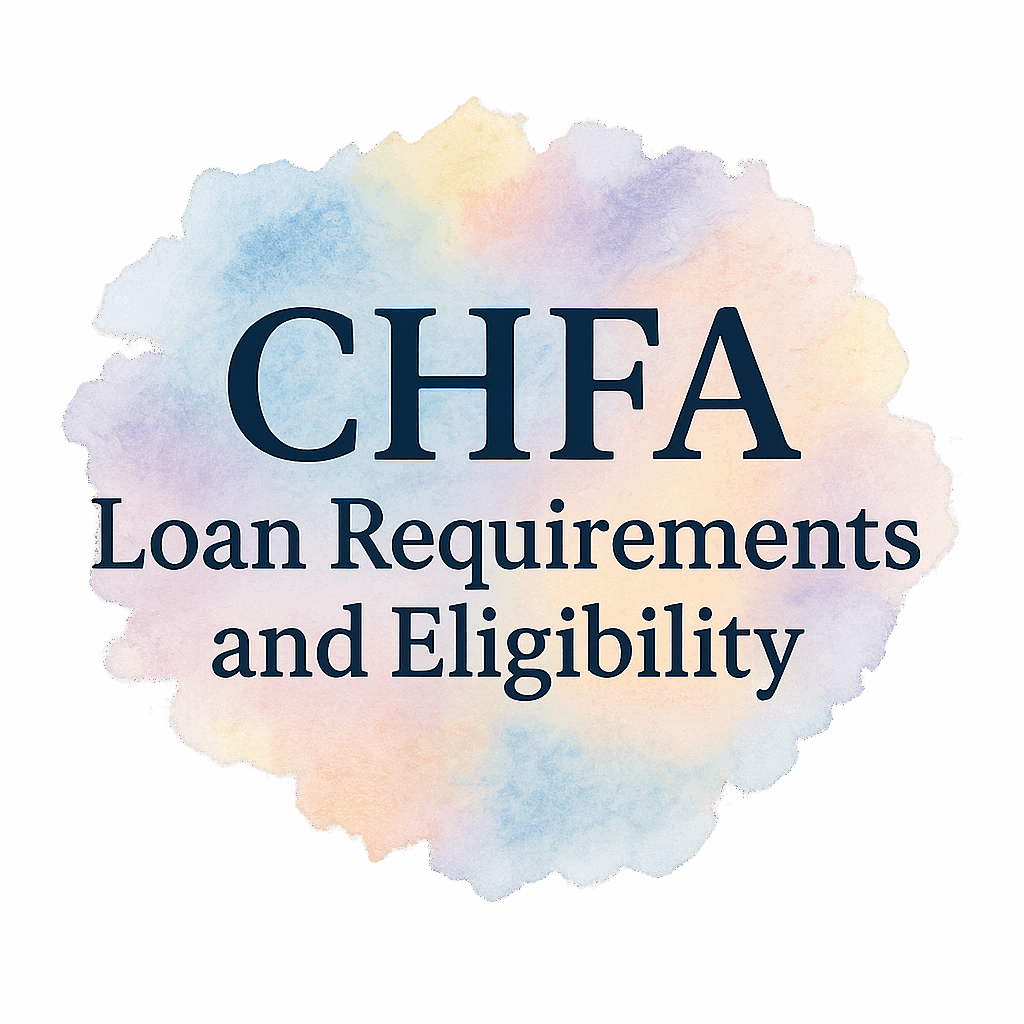Understanding CHFA Loans
Buying your first home can feel like standing at the edge of a diving board — exciting, but a little nerve-wracking. That’s where CHFA (Colorado Housing and Finance Authority) loans come in. They’re designed to make the plunge into homeownership far less intimidating.
What is CHFA and Why Does It Matter?
The CHFA isn’t just another lender. It’s an organization dedicated to helping first-time homebuyers get affordable mortgage financing. By offering specialized mortgage programs, the CHFA creates opportunities for people who may not otherwise qualify for conventional loans.
How CHFA Supports First-Time Buyers
With options for reduced down payments, competitive rates, and closing cost support, CHFA loans are like a financial GPS, guiding you through the tricky homebuying terrain. You’ll find helpful resources covering CHFA loan basics, benefits programs, and detailed application tips.
Key Benefits of CHFA Loan Programs
Lower Interest Rates and Down Payment Options
A CHFA loan can offer lower-than-market rates, making your monthly payments more manageable. In some cases, you can even combine your loan with a down payment assistance grant to help you get your keys faster.
Closing Cost Assistance You Can Rely On
Closing costs can drain your savings quicker than you can say “mortgage paperwork.” Thankfully, CHFA often provides closing cost aid to help first-time buyers bridge the financial gap.
The 10 Essential CHFA Loan Requirements
1. Proof of First-Time Homebuyer Status
CHFA loans are primarily designed for first-time buyers. Typically, you must show you haven’t owned a home in the past three years — a simple but essential qualification. This requirement is clearly outlined in CHFA loan requirements.
2. Minimum Credit Score Standards
While the CHFA is more flexible than many lenders, you’ll still need a solid credit score. Most programs require at least a 620, but higher scores can help you snag better rates. For practical advice, check out mortgage advice resources.
3. Stable Employment and Income Documentation
Your lender will want to see consistent pay stubs, W-2s, and possibly tax returns to ensure you can handle the monthly mortgage payments. Solid income proof keeps your application on track.
4. Debt-to-Income (DTI) Ratio Compliance
The CHFA sets limits on how much debt you can carry compared to your income. A lower DTI ratio signals you’re financially balanced — an important factor for loan approval.
5. Completion of a Homebuyer Education Course
Before you get the green light, you’ll need to complete a homebuyer education course. It’s not just a hoop to jump through — it’s packed with first-time buyer tips to help you understand mortgages inside out.

6. Primary Residence Requirement
CHFA loans are for people buying homes to live in — not for rentals or vacation spots. You’ll need to certify that the home will be your primary residence.
7. Maximum Purchase Price Limits
The CHFA sets caps on how expensive your home can be, based on the county you’re buying in. This keeps the program focused on affordable housing for real people, not luxury investments.
8. Verified U.S. Citizenship or Legal Residency
Documentation proving U.S. citizenship or legal residency is required to qualify. It’s a straightforward but non-negotiable part of loan application paperwork.
9. Property Appraisal and Inspection Standards
The property you’re buying must meet minimum safety and quality standards. The appraisal confirms the value aligns with the purchase price, while inspections keep surprises — like a leaking roof — from popping up later.
10. CHFA-Approved Lender Participation
Finally, you must work with a lender approved by CHFA. Not every bank or mortgage broker can process these loans, so make sure your lender has experience with the CHFA application process.
How to Simplify the CHFA Loan Application Process
Preparing Your Documents in Advance
Collect your pay stubs, bank statements, tax returns, and ID documents early. Being organized can shave weeks off your loan process timeline.
Working With Experienced Loan Officers
Choosing a lender familiar with CHFA requirements is like hiring a tour guide who already knows all the shortcuts. They’ll help you avoid unnecessary delays and mistakes.
Common Mistakes to Avoid During CHFA Loan Approval
Many first-time buyers stumble by skipping pre-approval, underestimating closing costs, or applying for new credit cards during the process. Avoid these pitfalls by reviewing loan dos and don’ts and preparing carefully.
Tips and Strategies for First-Time Buyers
Want to stand out as an applicant? Boost your credit score, lower your DTI ratio, and save a little extra for unexpected expenses. Explore tips and strategies for practical steps to strengthen your application.
Final Thoughts on Meeting CHFA Loan Requirements
Securing a CHFA loan isn’t as complicated as it seems. If you meet the ten core requirements, stay organized, and work with an experienced lender, you’ll be turning the key in your first home before you know it. For a deeper dive into the full program, visit CHFA loan basics and explore affordable mortgage options.
FAQs
1. What credit score do I need for a CHFA loan?
Most programs require at least a 620, though higher scores may unlock better terms.
2. Can I use a CHFA loan for an investment property?
No, these loans are only for primary residences.
3. Do I have to be a first-time buyer to qualify?
Generally yes, though exceptions may apply if you haven’t owned a home in three years.
4. How long does the CHFA loan process take?
With proper preparation, you can close in as little as 30–45 days.
5. Is there income eligibility for CHFA loans?
Yes, CHFA loans set maximum income limits depending on the county. See eligibility criteria for details.
6. What kind of homebuyer education is required?
A CHFA-approved course — often available online — must be completed before closing.
7. Can I combine CHFA loans with other assistance programs?
Yes! Many buyers pair CHFA loans with grants or down payment assistance for maximum savings.
